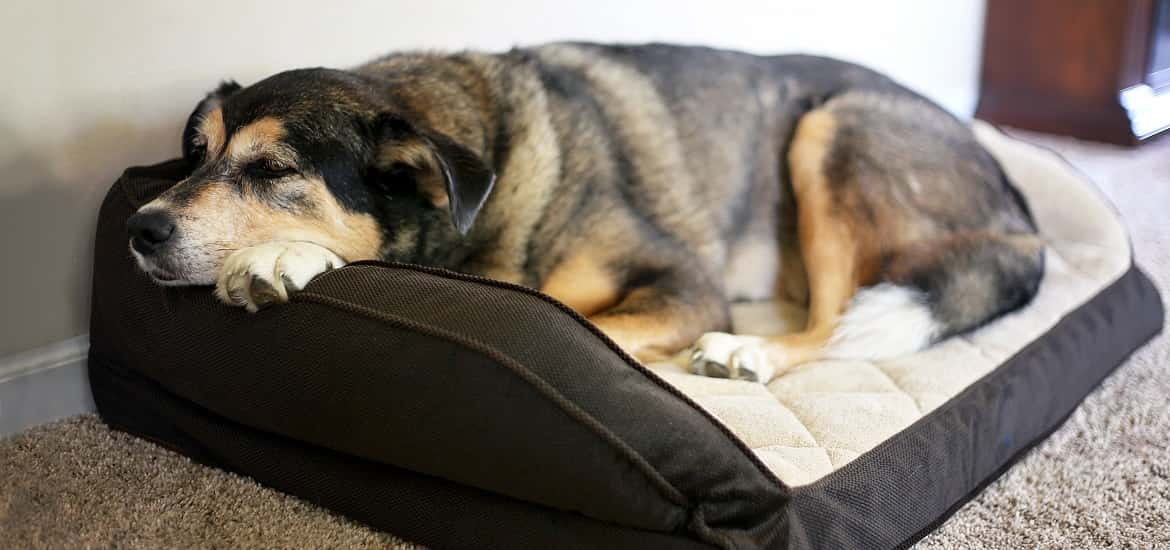Sep 15, 2020, 1:08 PM
As pets enter old age, there is a tendency among pet owners to assume that their needs are the same as it was from the age of seven. However, such an approach is a mistake that can lead to poor decisions, which will reduce your animal’s chances of living longer and better. Much like humans, animals are also prone to age-related problems such as cognitive impairments, joint pain, and weakened immune function. It is important for pet owners to undertake a preventive approach to guide the animal through their senior years and help them remain healthy and comfortable. In this article, we’ll be discussing alternative therapies that can help in maintaining mobility, vitality, and quality of life in senior pets.

Regular Veterinary Examination
Be it young or old, routine veterinary examinations and lab testing are essential to assess the health status of your pet and to chart a treatment plan for the future. While annual inspections may be enough for young animals, we recommend routine examinations and testing for senior animals once every six months. The check-up should include:
- A physical examination to check for bumps and lumps
- Blood Tests
- Urine and Fecal Test
- Parasite Check
- Dental assessment and dental cleaning
- Necessary Vaccinations
Additional tests such as heartworm and blood pressure tests may be needed depending on the age, sex, breed, and medical history of the animal.
Adequate Nutritional Support
Nutrition plays a significant role in determining the health of senior pets. Some of the common concerns that pet owners face in this regard is to find a nutritional aid that can combat conditions, including weight and appetite loss, joint support, and gastrointestinal difficulties. For the animal's body continues to function at optimal levels, it is important to add appropriate nutrients to its diet. If you are someone who’s struggling to find a formula suited to your senior pets’ dietary needs, then we highly recommend Calibra’s Senior Hypoallergenic Grain Free Dry Food. Not only is the supplement filled with the essentials needed for increased mobility and metabolism, but it will also help in curbing weight gain and improve the animal’s immune system.
Arthritis & Joint Health Issues
Changes in comfort and activity levels are one of the most noticeable aspects of an animal’s aging process. Many senior pets suffer from arthritis to some degree, with the larger animals being more prone to the same. Weight gain due to inactivity can also put additional stress on the joint, which in turn can lead to arthritis. Symptoms of arthritis and joint disorders are similar to other conditions, so be sure to consult a veterinarian if you notice any of the following symptoms:
- Difficulty in walking and climbing stairs
- Resting more than usual
- Difficulty in getting up from the ground
- Does not run normally
- Limping
- Licking the joints
- Change in behavior

Behavioral and Sleep Support
It is common to see nighttime routines and habits changing in pets as they age. Their overall behavior can be a result of the physiological changes that are taking place. While such changes are normal, adding a clinical strength formula to its diet can help in providing the animal with the required behavioral and cognitive support. We recommend choosing a formula with L-theanine as its core ingredient as it's proven to help reduce stress, anxiety, and unwanted behavior.
Oral Health
As your pet ages, it is essential to protect its vital organs from infection. One of the most common problems that pet owners face is managing dental tartar. While dental treats and sticks can help in removing such tartar, for senior pets, it may be challenging to chew on bones or dental treats actively. There are various formulas available that can be consumed with food and which helps in reducing tartar and bacteria in the mouth. Consult with your veterinarian to choose a product that meets your pets’ immediate requirements.
